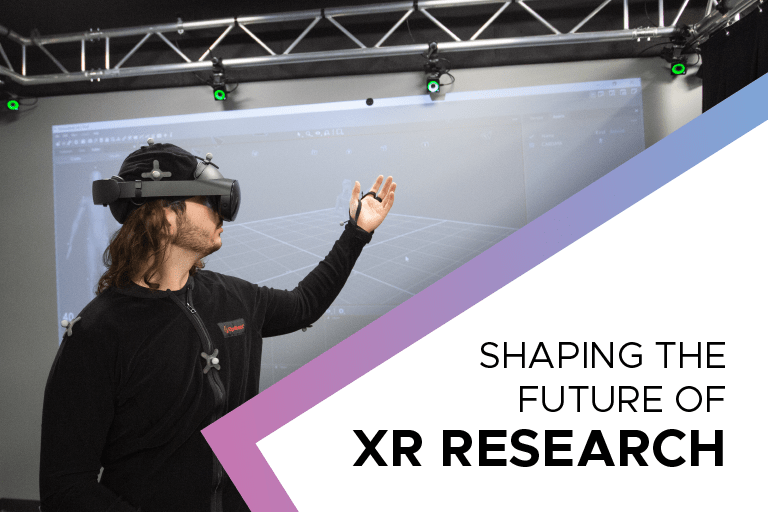Human-Centered Technology Design
Human-Centered Technology integrates human sciences with computer science to design computing systems with a human focus. Researchers studying HCTD broadly investigate how the relationship between people, groups, societies and technology can inform the design of computing systems that support human activities and enrich their lives. By implementing and evaluating computing systems in terms of their usability and accessibility, faculty are able to make critical inquiries into the implications of computing system’s increasing presence in people’s everyday lives
Centers and Labs
Games for Entertainment and Learning Lab designs innovative prototypes, techniques and complete games for entertainment and learning.
The Colleges of Communication Arts & Sciences, Engineering, and Nursing and Michigan State University have joined forces to create the Trifecta Initiative: a winning partnership of three innovative colleges. With support and investment from all three colleges, the Office of the Provost, and the Office of the Vice President for Research and Graduate Studies, Trifecta is a launchpad for interdisciplinary development of innovative computing and communication technologies to improve healthcare and address health disparities.
The Quello Center for Telecommunication Management and Law is focused on stimulating and informing debate on media, communication and information policy for our digital age.
Featured Research
From discrete physical computational devices to mixed reality systems and immersive virtual environments, our research works to support individual needs, through teams as goal-oriented groups, to society as an unstructured collection of connected people.
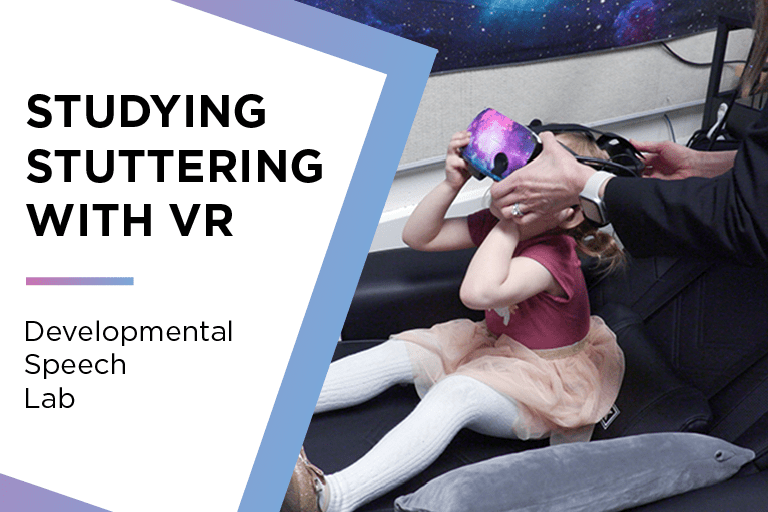
MSU researchers use VR to explore changes in speech and autonomic nervous system activity

Mozilla grant empowers African-informed approach to global technology design
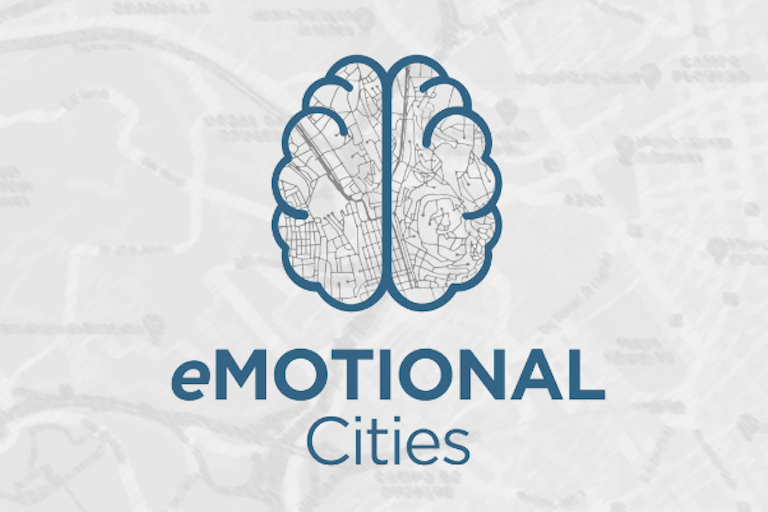
eMOTIONAL Cities: International Effort to Improve Urban Health Through Neuroscience Includes Work by AD+PR Faculty
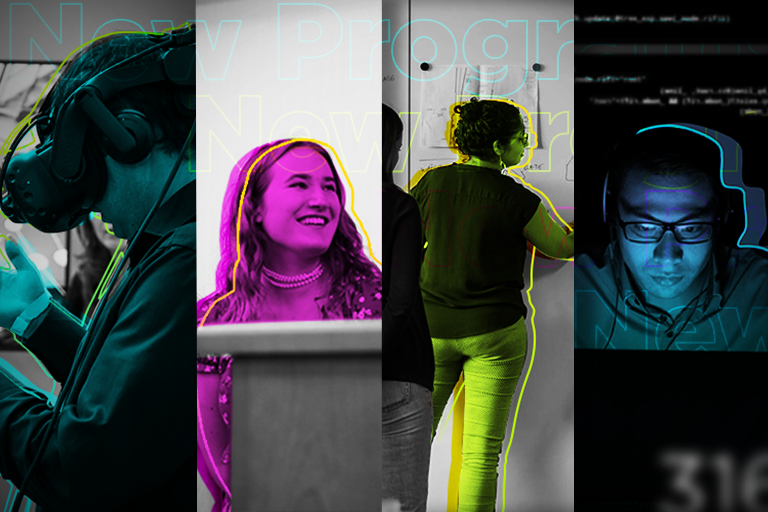
The New Essential Workers: ComArtSci Launches New Programs in Information Science, Interactive Games and Communication
Featured Faculty
Faculty

Susan Wyche
Associate ProfessorDepartment
Media & InformationSusan Wyche is an Associate Professor in the Department of Media and Information at Michigan State University.
Faculty

Hee Rin Lee
Assistant ProfessorDepartment
Media & InformationDr. Hee Rin Lee is a researcher in the field of Human-Robot Interaction (HRI). Her work addresses problems beyond the efficiency and functionality that are often prioritized in the advancement of robotics. She designs and evaluates robots for social good with the aim of empowering socially marginalized groups, including people from lower socioeconomic backgrounds, and older adults.
Contact
Faculty
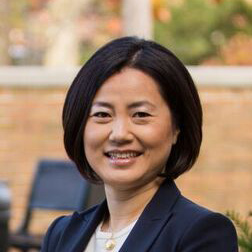
Young Argyris
Associate ProfessorDepartment
Media & InformationI earned a Ph.D. in Management Information Systems from the University of British Columbia, Canada. Beginning from my master’s thesis, I published in premier journals, including MIS Quarterly, ISR, Communications of the ACM, and ACM Transactions on CHI, which are cited over 1,700 times (as of August 2022, Google Scholar).
Contact
Faculty

Keith Hampton
ProfessorDepartment
Media & InformationContact
Faculty

Bree Holtz
ProfessorDepartment
Advertising + Public RelationsDr. Holtz's research explores the adoption, perceptions, and outcomes of telemedicine/telehealth, mobile phone health apps (mhealth), consumer-grade sensors (i.e., Fitbit, Apple Watch, etc.), electronic medical records, AI, and social media for health topics.
Contact
Faculty
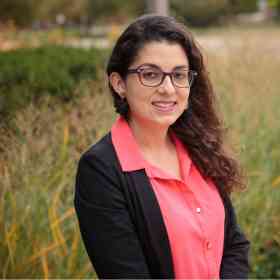
Maria Molina
Assistant ProfessorDepartment
Advertising + Public RelationsContact
Faculty

Wei Peng
ProfessorDepartment
Media & InformationWei Peng is a Professor and Associate Chair in the Department of Media and Information, Michigan State University. She is affiliated with the Games for Entertainment and Learning (GEL) lab and the Health and Risk Communication Center.
Contact
Programs
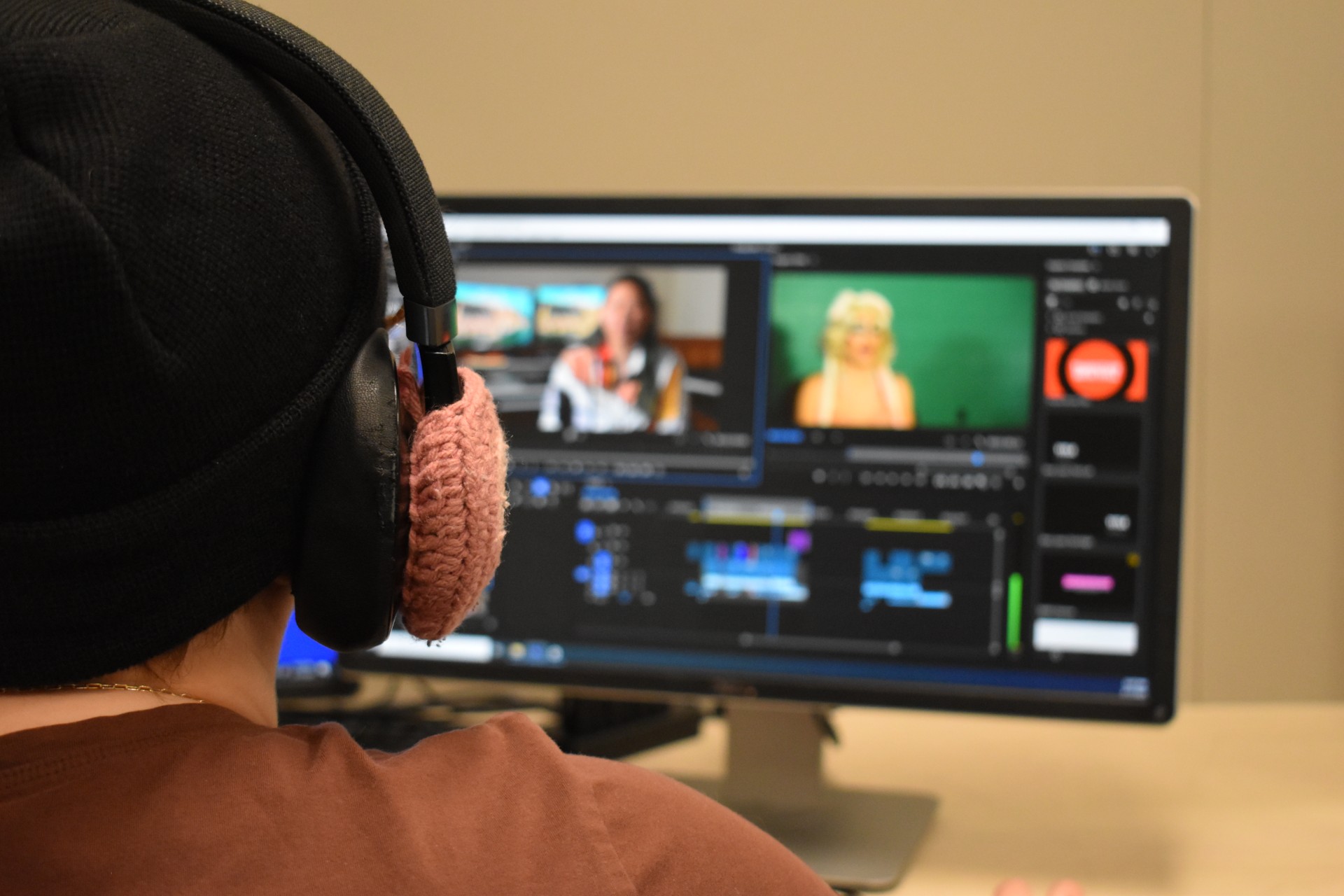
Documentary Film Graduate Certificate
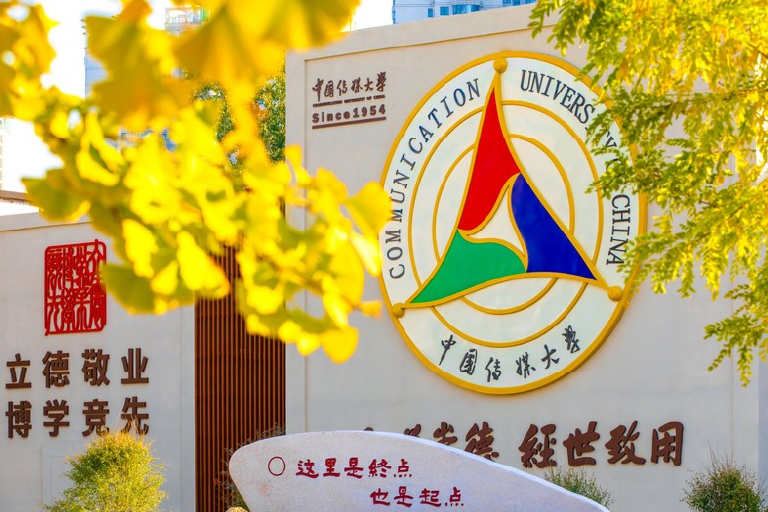
Master of Arts in International Digital Advertising and the Dual Degree Master of Arts in International Digital Advertising
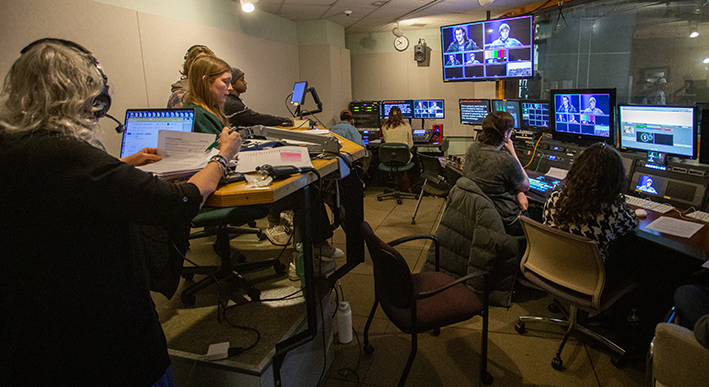
Minor in Digital Storytelling
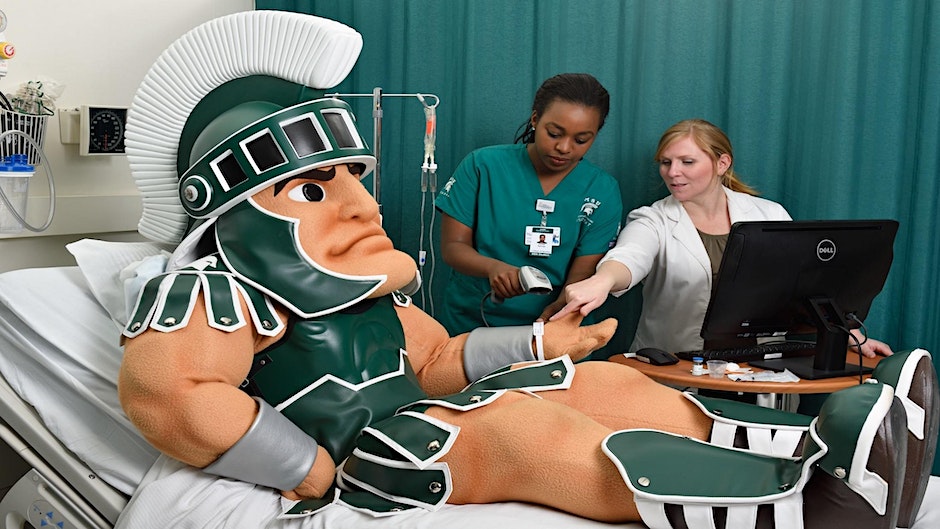
Health and Risk Communication Certificate

Master of Science in User Experience

Concentration in Filmmaking

